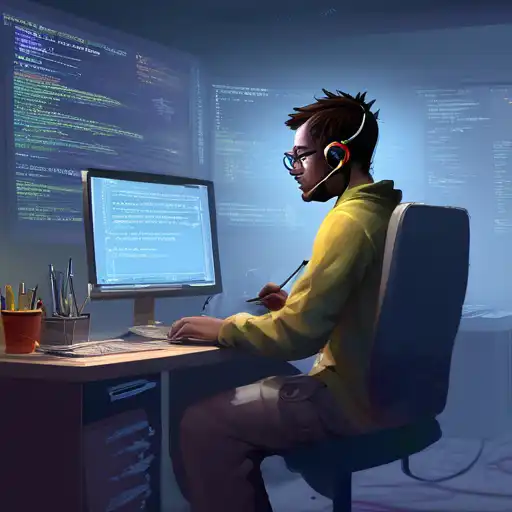Introduction to Debugging for New Programmers
Debugging is an essential skill for every programmer, especially for those just starting out. It involves identifying and resolving errors or bugs in your code that prevent it from running correctly. This article will provide you with essential debugging tips to help you become more efficient and confident in your coding journey.
Understand the Error Messages
One of the first steps in debugging is to read and understand the error messages your compiler or interpreter provides. These messages often contain valuable information about what went wrong and where in your code the error occurred. Taking the time to familiarize yourself with common error messages can save you a lot of time in the long run.
Use a Debugger Tool
Most integrated development environments (IDEs) come with built-in debugger tools. These tools allow you to step through your code line by line, inspect variables, and see the flow of execution. Learning how to use these tools can significantly improve your debugging efficiency.
Break Down Your Code
When faced with a bug, try breaking down your code into smaller sections and test each one individually. This approach, known as unit testing, can help isolate the problem area. By narrowing down where the bug occurs, you can focus your debugging efforts more effectively.
Check for Common Mistakes
Many bugs arise from common mistakes such as typos, off-by-one errors, or incorrect logic. Always double-check your code for these issues before moving on to more complex debugging strategies.
Ask for Help
Don't hesitate to ask for help when you're stuck. Online forums, coding communities, and even colleagues can offer valuable insights and solutions to your debugging problems. Remember, every programmer has been in your shoes at some point.
Practice Makes Perfect
Debugging is a skill that improves with practice. The more you code and debug, the better you'll become at identifying and fixing errors quickly. Embrace each debugging challenge as an opportunity to learn and grow as a programmer.
Conclusion
Debugging is a critical part of programming that can be frustrating but also incredibly rewarding. By applying these tips and strategies, you'll develop a more systematic approach to debugging and become a more proficient programmer. Remember, the key to successful debugging is patience, persistence, and a willingness to learn from your mistakes.
